September 11, 2025
Decoding Your Lease: NNN, Gross, and Modified Gross Leases Explained
When it comes to leasing commercial real estate, the type of lease you sign can have a significant impact on your bottom line. Understanding the different lease structures is crucial for both tenants and landlords. In this article, we'll break down three of the most common types of commercial leases: Triple Net (NNN), Gross, and Modified Gross.
Triple Net (NNN) Lease: The "Hands-Off" Approach for Landlords
A Triple Net lease, commonly referred to as a NNN lease, is a popular choice for commercial properties, especially single-tenant buildings. In this type of lease, the tenant is responsible for not only the base rent but also the three "nets":
- Property Taxes: The tenant pays the real estate taxes.
- Insurance: The tenant is responsible for the property's insurance premiums.
- Common Area Maintenance (CAM): The tenant covers all costs associated with maintaining the property's common areas, such as landscaping, parking lot maintenance, and repairs.
Why Choose a NNN Lease?
- For Landlords: NNN leases offer a predictable and stable income stream with minimal management responsibilities. Since the tenant is responsible for most of the property's operating expenses, landlords can enjoy a more passive investment.
- For Tenants: While the tenant takes on more financial responsibility, NNN leases often come with a lower base rent. This can be an attractive option for businesses that want more control over their space and expenses.
Gross Lease: The "All-Inclusive" Option
A Gross lease, also known as a full-service lease, is the opposite of a NNN lease. In a Gross lease, the tenant pays a single, all-inclusive rental payment, and the landlord is responsible for all of the property's operating expenses, including:
- Property Taxes
- Insurance
- Maintenance
- Utilities
Why Choose a Gross Lease?
- For Tenants: Gross leases are attractive to tenants because they offer predictable monthly payments, making it easier to budget. The landlord handles all of the property's operating expenses, so the tenant doesn't have to worry about unexpected costs.
- For Landlords: While the landlord takes on more financial responsibility, they can charge a higher rental rate to cover the property's operating expenses. This can be a good option for landlords who want more control over the property's maintenance and appearance.
Modified Gross Lease: The "Best of Both Worlds"
A Modified Gross lease is a hybrid of a NNN lease and a Gross lease. In this type of lease, the landlord and tenant share the responsibility for the property's operating expenses. The specifics of a Modified Gross lease can vary, but typically the tenant is responsible for a portion of the operating expenses, such as utilities and janitorial services, while the landlord covers the rest.
Why Choose a Modified Gross Lease?
- For Both Parties: Modified Gross leases offer a flexible and customizable option that can be tailored to the needs of both the landlord and the tenant. They provide a balance of risk and responsibility, making them a popular choice for multi-tenant office buildings and other commercial properties.
Which Lease is Right for You?
The right lease for you will depend on your specific needs and goals. If you're a landlord looking for a low-maintenance investment, a NNN lease might be the best option. If you're a tenant who wants predictable monthly payments, a Gross lease might be a better fit. And if you're looking for a flexible and customizable option, a Modified Gross lease could be the perfect solution.
No matter which type of lease you choose, it's important to carefully review the terms of the agreement and consult with a qualified real estate professional to ensure that it meets your needs. Constant Commercial Real Estate Inc offers tenant and landlord representation services which includes guidance and consulting on which structure is fitting for your currently owned investments and acquisitions.



